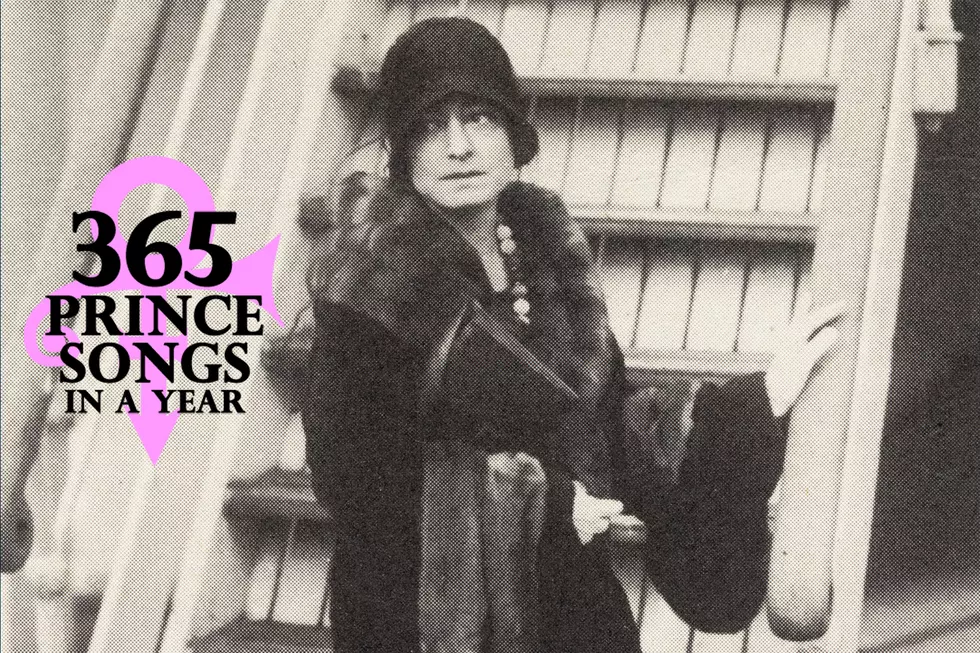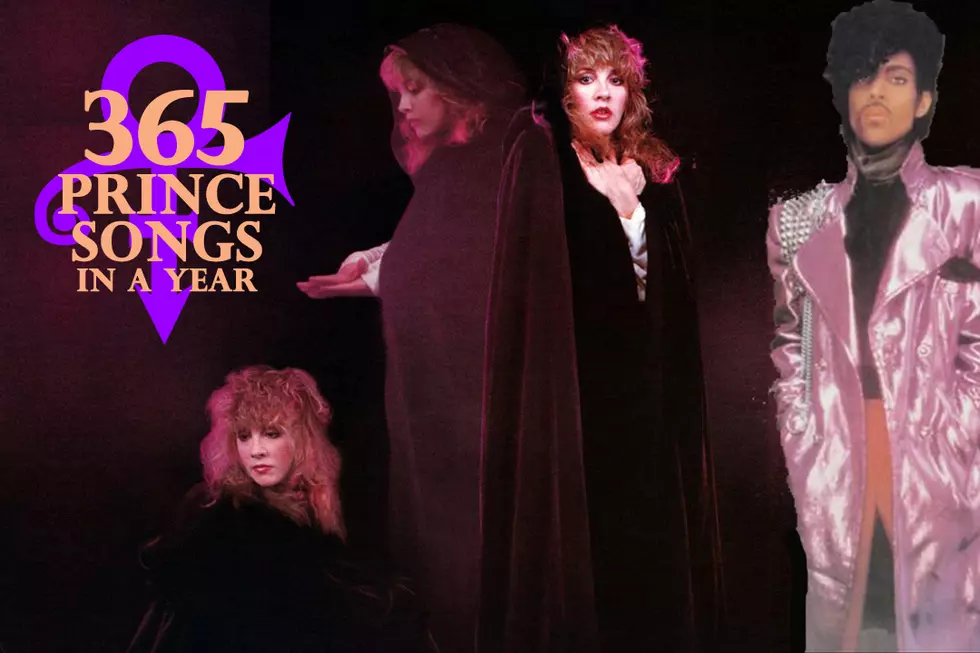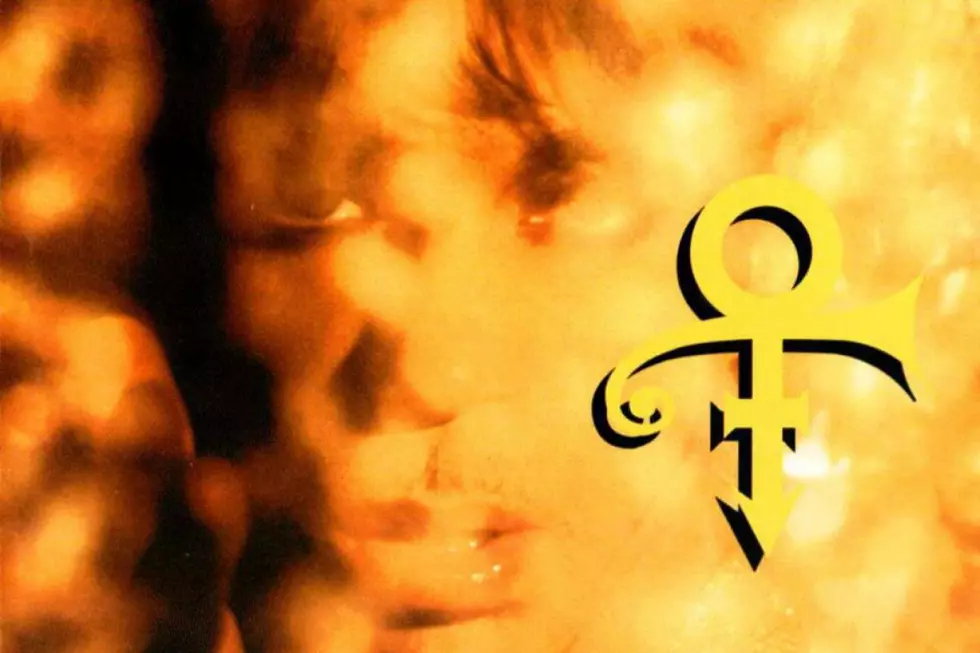
Happy Accidents Abound in ‘Dorothy Parker': 365 Prince Songs in a Year
To celebrate the incredibly prolific, influential and diverse body of work left behind by Prince, we will be exploring a different song of his each day for an entire year with the series 365 Prince Songs in a Year.
It was Dorothy Parker who christened Prince's home studio at Paisley Park, with her namesake song owing as much to accident and incident as to his musical and lyrical prowess.
After setting up a new home studio in 1986, "The Ballad of Dorothy Parker" was the first track he recorded, with his engineer Susan Rogers working the brand new console. The song — first intended for the abandoned 1986 project Dream Factory — eventually made its way onto Sign 'o' the Times the following year, but it was not without its problems; chief among them was an electrical issue.
Prince had ordered a custom console modeled after the one he'd worked with at Sunset Studios in Los Angeles, and flew someone out to complete it and troubleshoot. But ever impatient, he woke from a dream with a song idea and wanted to get to work on it immediately. "Prince cannot go a day without making music at that time," Rogers said. "He was writing some stuff and he really needed that console to be finished ... Does the console pass signal, can I work?" he had asked her. She hesitantly told him she believed so. In fact, just a day before it had been sounding great.
"Prince was so eager to record that that he sent Frank [who built the console] home. He just said, 'Go home, and let Susan finish it.' I put up tape, and we recorded the song," Rogers recalled in 2017. "I'm thinking to myself, 'Oh, my god; he's going to kill me. There's something wrong with this console.'"
Rogers knew that sound wasn't right, but was hesitant to stop the session he was so impatient to complete. "I know this console is flat. What's going on? There's no high-end! I kept thinking that any second he was going to stop, yell at me, have a big fit, go upstairs, and then I can figure out what's wrong. But he wouldn't! He just kept going, kept overdubbing and doing the vocals, and then we mixed it," she continued, even comparing his need to record to a baby's need for food in another interview. "I was feeling like you must feel if you're feeding a baby. You just keep feeding it and think, 'When's it gonna stop eating?' Well, if it keeps eating I'm just gonna keep feeding it. He just kept working and working and working."
Finally, he stopped, going to bed a full 24 hours later, and Rogers was able to ascertain the problem. "I got the voltmeter and saw that one half of the power supply's rails were down. Instead of bipolar [+/-] 15 volts, we just had 15 volts. We had half the headroom, and half the frequency response."
Oddly enough, Prince was pleased with the recording session, and even the console, but he did eventually question the sound quality: "It sounds kinda dull, doesn't it?"
But he was singing about a dream-like sequence in which he shares a bath with a wisecracking waitress — with his pants on, because he has a girlfriend (natch), and so "he didn't care because it actually suited the song. It was serendipitous. That underwater quality didn't bother him," Rogers said.
But according to several accounts, the song's title, presumably a nod to the waitress' sharp tongue, was no more intentional than the muffled sound. Parker, like Prince, was somewhat of a jack-of-all-trades. Or at least genres. She was a celebrated writer and political activist who came to prominence in the 1920s. Penning several books of poetry, as well as short fiction, articles, plays and Hollywood scripts, she was also known for her quick wit and wisecracks.
Following a sad childhood that saw the deaths of her mother, father, step-mother and uncle, she became a founding member of what was known as the Algonquin Round Table, where she regularly lunched with fellow writers like Robert Benchley and Harpo Marx, and sat on the founding editorial board of The New Yorker, where she also contributed a variety of work. Her articles also appeared in Vanity Fair, Vogue and Life, and she won a prestigious O Henry Award for one of her autobiographical short stories. Later, she and her second husband became a successful screenwriting team in Hollywood, with the Oscar-nominated 1937 film A Star Is Born among their credits.
When she died of a heart attack in 1967, she left her literary estate to the Rev. Martin Luther King Jr.
But it was neither Parker's wit or even politics that interested him. It wasn't even her literary abilities. In fact, he didn't know who she was; it was merely the sound of her name that appealed to him.
"When I first heard it, I thought, 'Wow, of all people to even know who Dorothy Parker was!' I kinda thought maybe [girlfriend, backing singer] Susanna or [Revolution guitarist] Wendy Melvoin had told him about her," saxophonist Eric Leeds, who had added a later-discarded sax part to the song, told Mojo (as documented by Songfacts.) "But it turned out he didn't have any clue; he just picked the name because of how it sounded, and only after the fact did they tell him [who] she was."
More From Diffuser.fm









